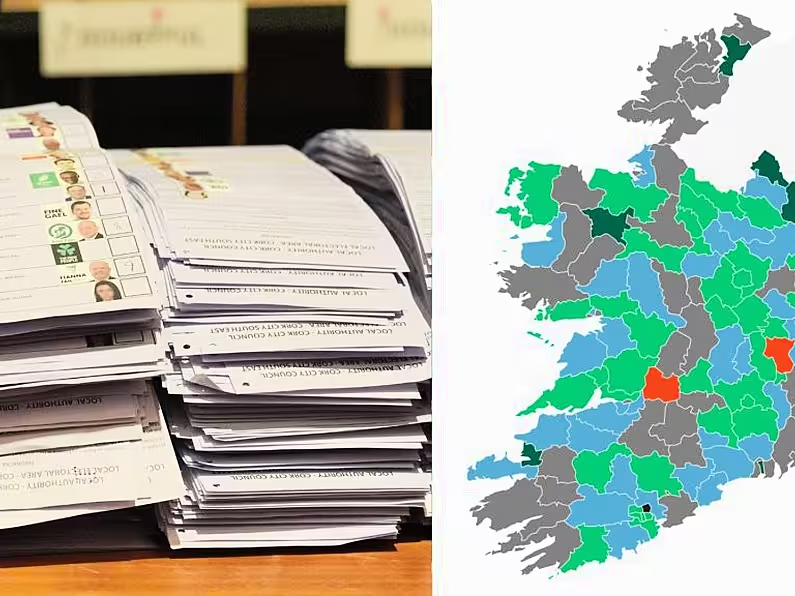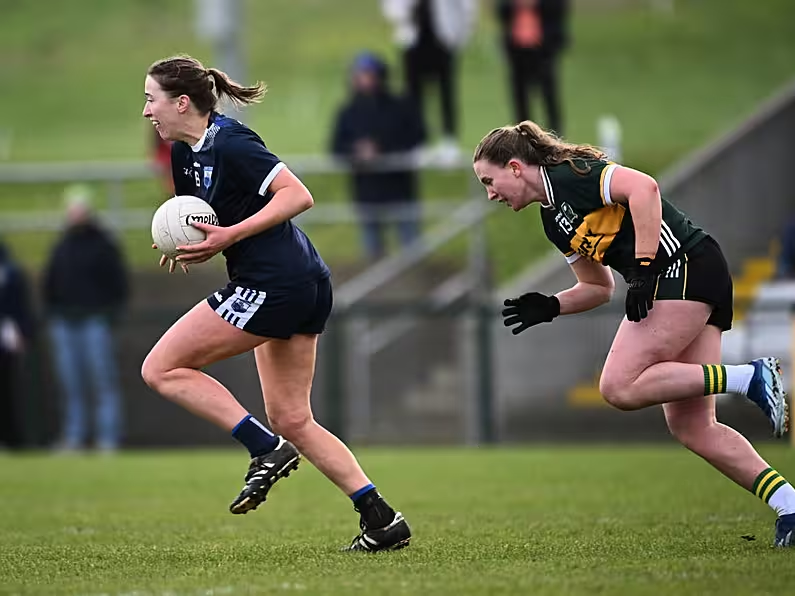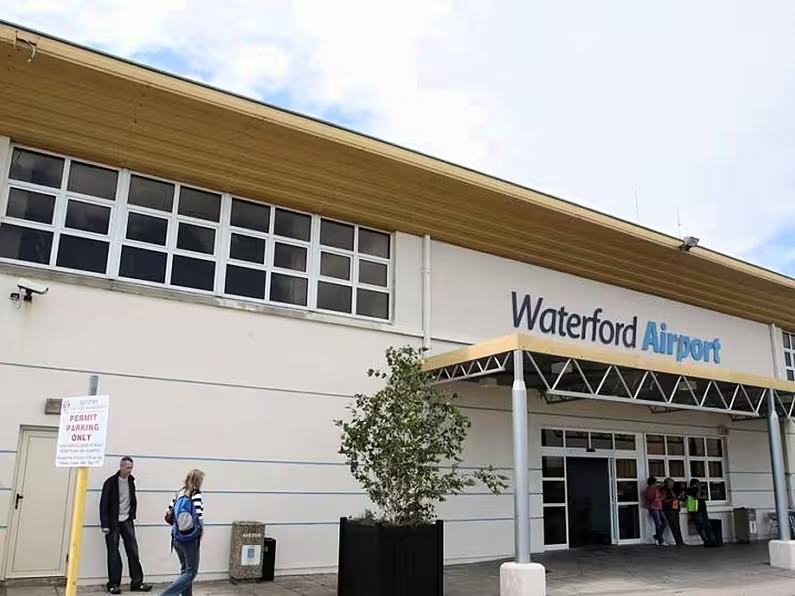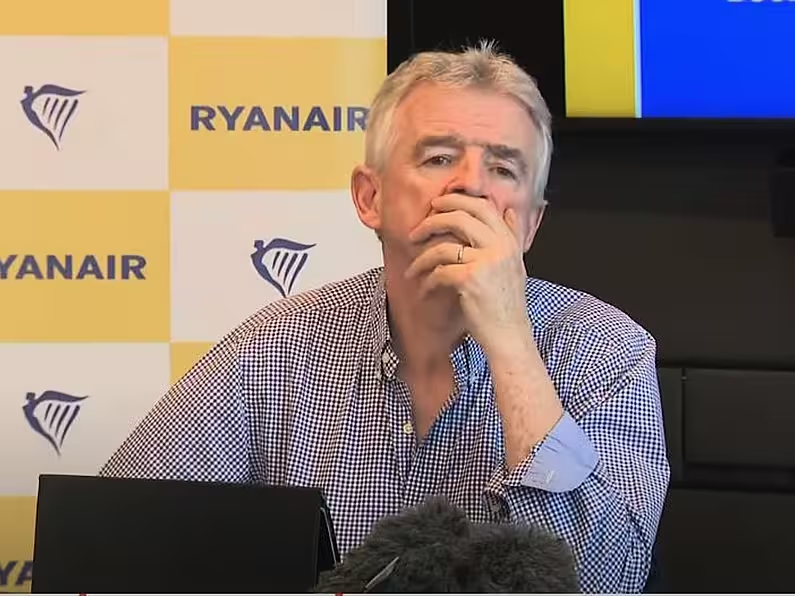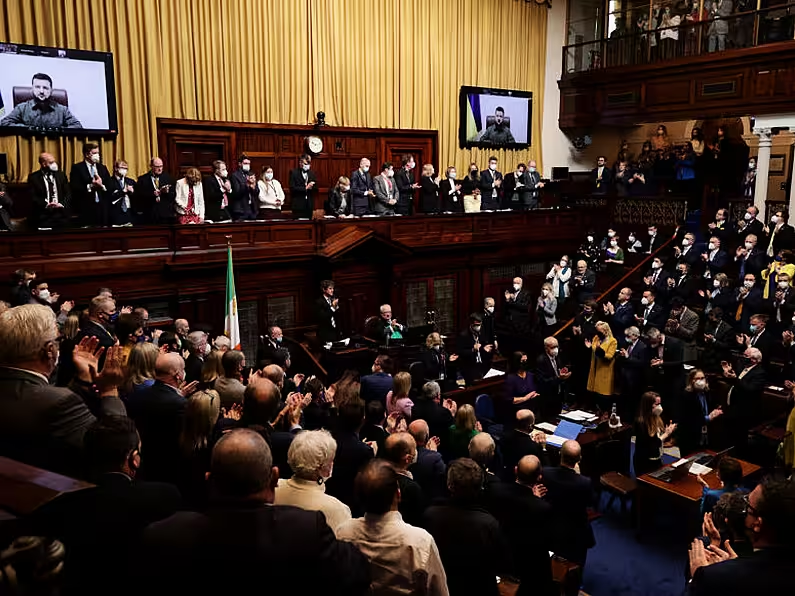Tomas Doherty
Fine Gael and Fianna Fáil performed better than many pollsters predicted in Friday’s local elections, while Sinn Féin failed to meet expectations after running a record number of candidates.
Some opinion polls last year saw Sinn Féin riding high on more than 30 per cent support, but the party attracted only 12 per cent of first preference votes in the local government elections.
While that is still up on its showing in the last council election in 2019, the result is well short of what the party had hoped for.
Fine Gael and Fianna Fáil both saw their vote share drop compared to 2019 but will continue to dominate councils, with each gaining 23 per cent of first-preference votes and securing more than 240 seats across the State's 31 local authorities.
In the map below you can compare this year's results with the 2019 election and get further detail on the vote share in your area.
It was a more disappointing election for the other Government partner, the Green Party, which saw its vote share drop by almost 2 per cent.
The Social Democrats and Aontú made gains across the country, as did Independent Ireland and Non-Party candidates of a variety of political leanings. The far-right National Party and Irish Freedom Party both secured their first seats at the local level.
While Fianna Fáil and Fine Gael were pleased with results that exceeded their expectations, both did suffer losses.
This election saw the combined vote share of the two main parties drop to historically low levels, reflecting the more fragmented political climate in Ireland.
In the 2004 local election, Fine Gael and Fianna Fáil secured 60 per cent of the first-preference vote share, compared to just 46 per cent this year.



